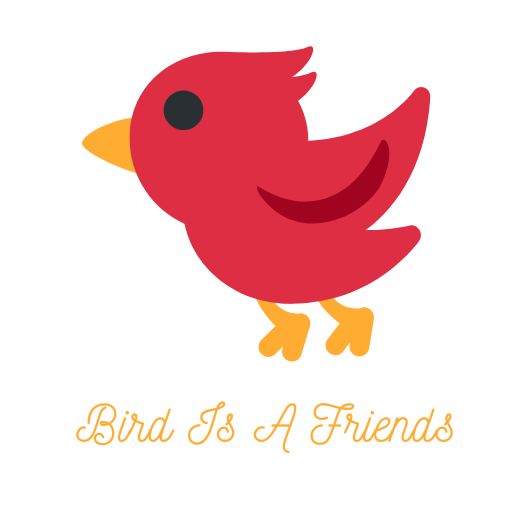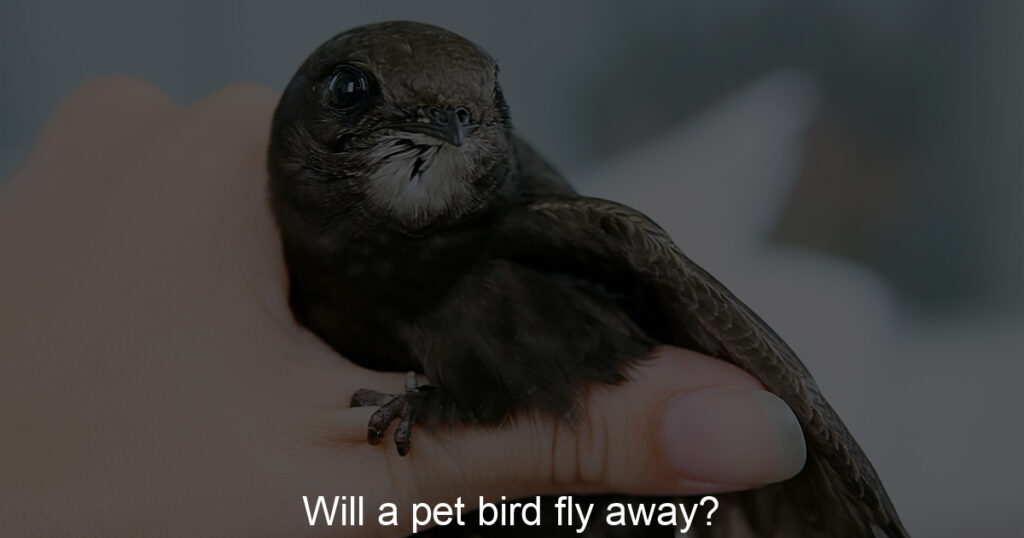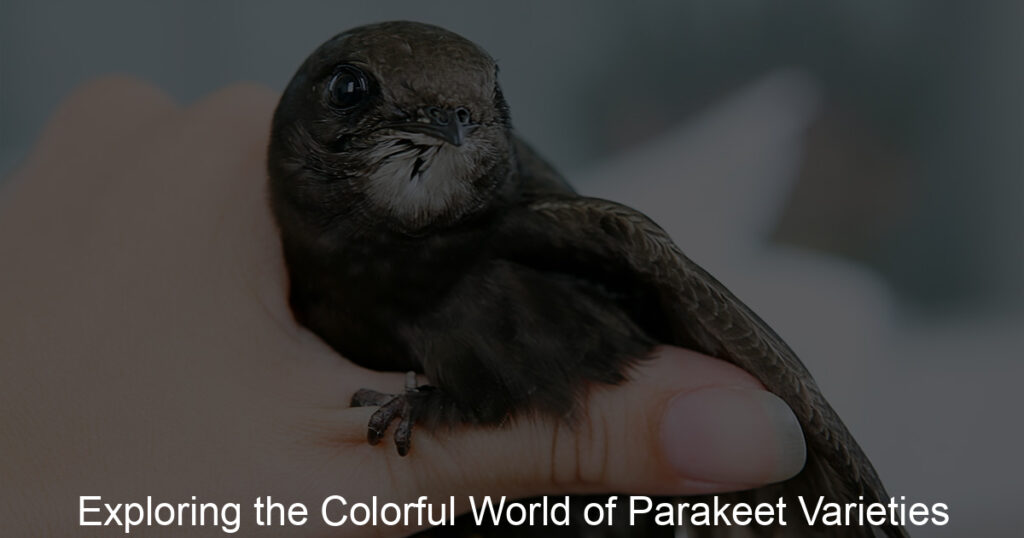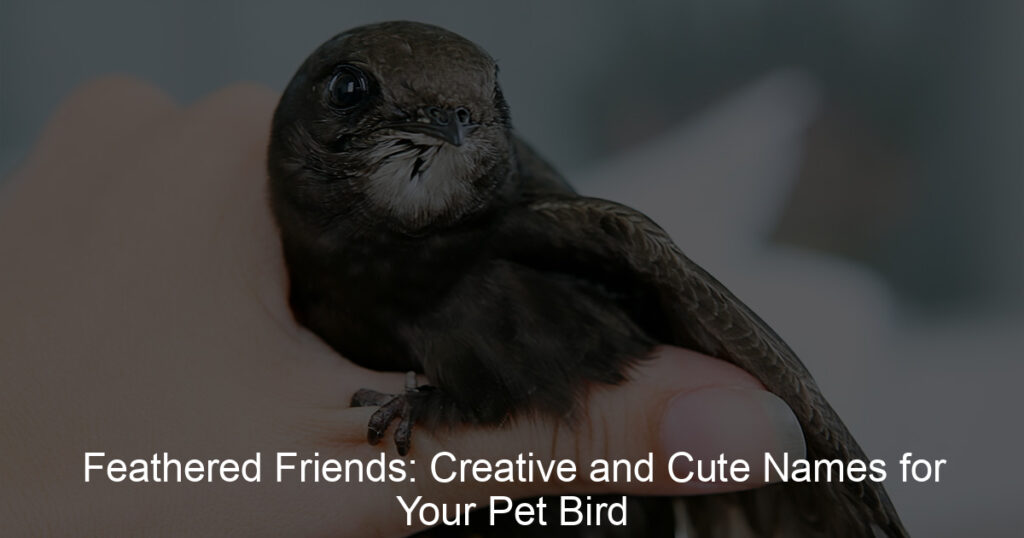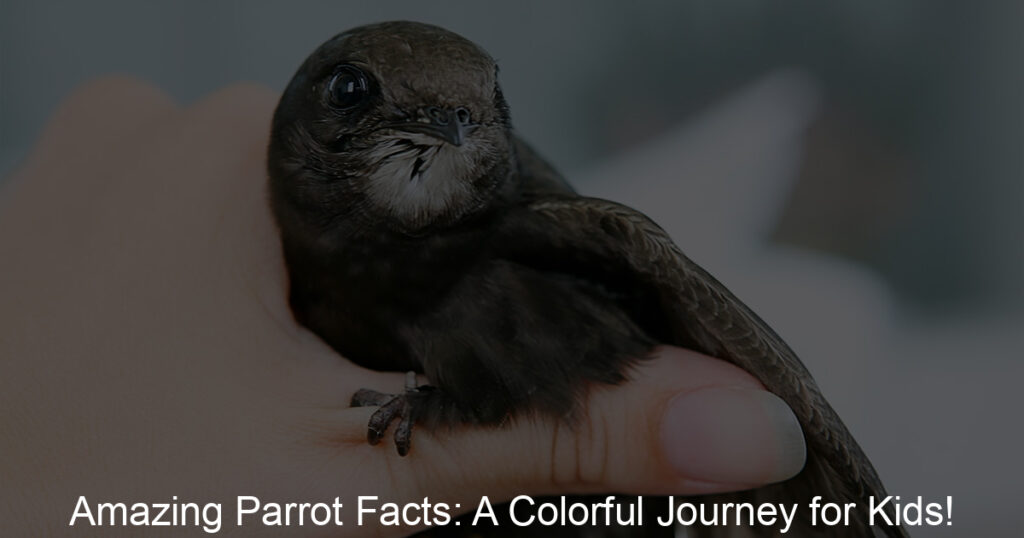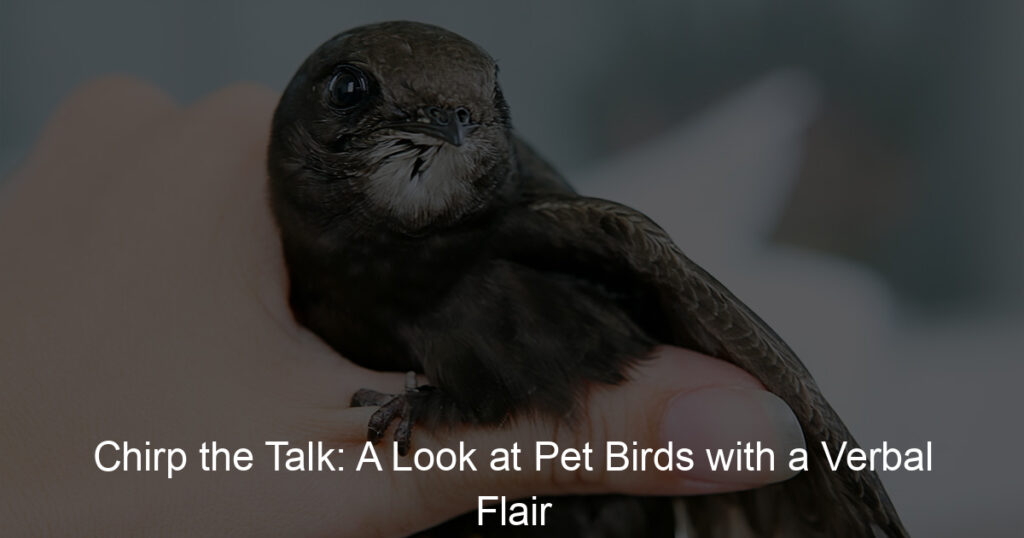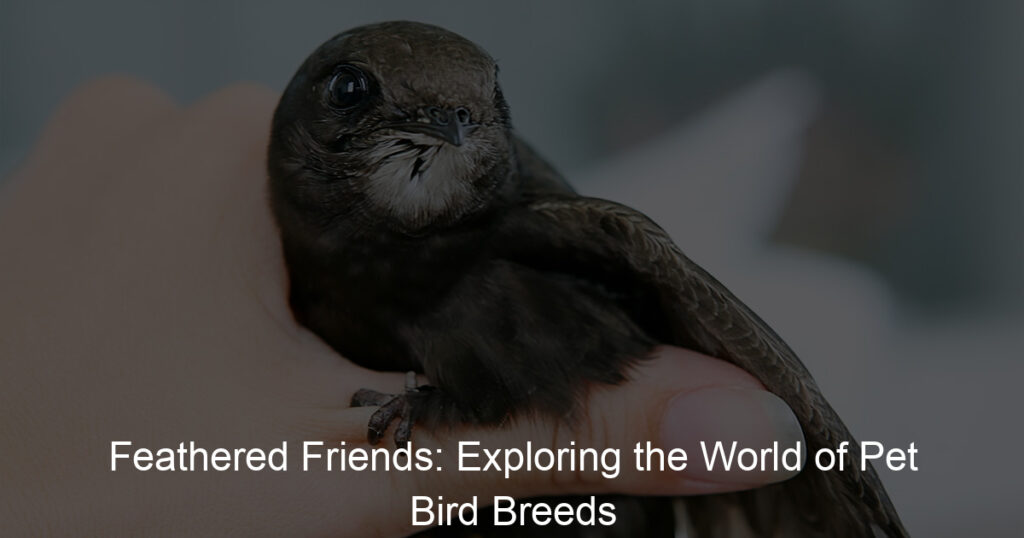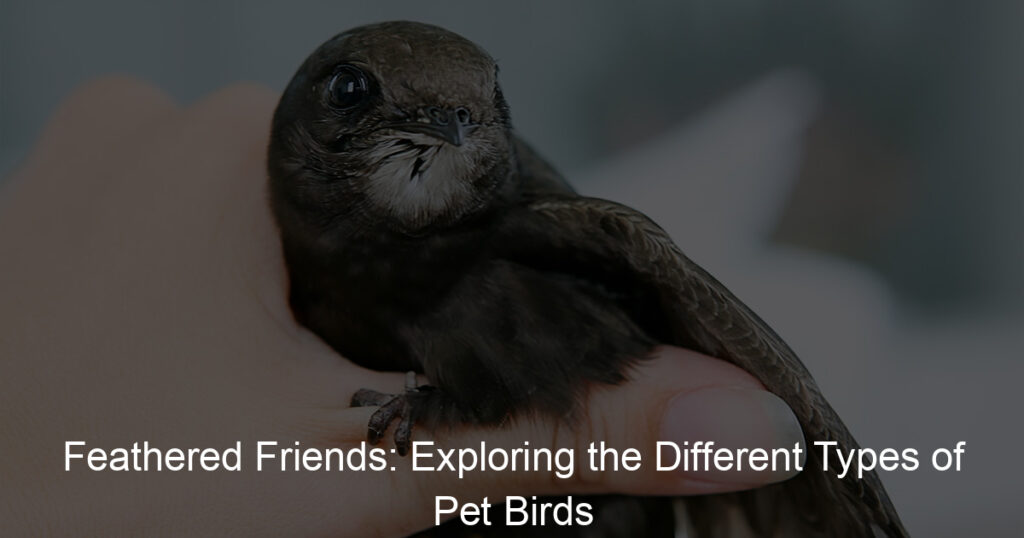If you’re thinking of having a pet bird, one of your biggest concerns might be whether they can fly away and leave you! But don’t worry – with the right care and precautions, this doesn’t have to happen.
In this post, we’ll go through all the factors that impact a bird’s ability to fly—from types of birds to how much freedom they’re given–so that you can make an educated decision when selecting a feathery friend. Whether it’s parrots, finches, or any other species in between, read on to discover the key information needed for keeping your pet safe at home.
Will a bird come back if it flew away?
Whether or not a bird will come back after it has flown away can depend on its species. Different birds are equipped with their own set of special abilities, which can aid them in the event of an emergency. For instance, migratory birds often have excellent navigation skills that help them return to their homes after long trips away from their roosts.
On the other hand, some pet birds may decide to stay away from home if they feel safe in another familiar environment. Ultimately, when it comes to a bird’s ability to come back home every time it flies away, nature has created each species with its own beautiful and unique capacity for survival and return.
Do pet birds escape?
Pet birds can and do escape, often from their cages or pens. Being able to fly gives them an advantage and it’s a natural instinct for them to flee when they sense danger. Many pet birds have also been known to fly away from distractions, such as a loud sounds, open windows and doors, unfamiliar people, and even other pets.
To avoid having your pet bird escape, make sure the locks on their cage are secure, that all curious corners of your home have been bird proofed if possible, provide plenty of environmental enrichment and training activities to keep them busy and engaged, and never leave your pet bird outside unattended. With proper care and consideration given to safety measures like these, you can help ensure that your pet bird remains safe, happy – and in the home.
How do I stop my pet bird from flying?
One of the best ways to stop your pet bird from flying away is to clip its wings. Wing clipping involves the cutting of new growth feathers that will prevent a bird from propelling itself into flight. While it can be done by experienced owners, wing clipping should only be done with the assistance of a veterinarian or professional groomer so as to guarantee safe and effective results.
Wing clipping has seen proven success in preventing birds from flying away and, in combination with a good diet and an enriched environment, can make for a happy and healthy pet.
Can pet birds fly around the house?
Whether or not pet birds should be given the freedom to fly around the house gets a lot of attention. On one hand, there is an undeniable appeal to giving them the opportunity to stretch their wings and enjoy the sensation of flight. On the other, some are concerned with potential hazards that could arise from allowing them unsupervised aerial exploration.
However, if done properly, with some appropriate safety measures in place, it is possible to allow your feathered friends some enjoyable indoor flights from time to time. For those avian owners looking for a safe balance between stimulation and protection for their pets, the indoor flight could serve as both recreation and exercise for those winged members of the family.
Chances of finding a lost bird
Finding a lost bird can be a daunting task, as birds are often difficult to spot among trees or in the sky. However, it is not impossible with some effort and due diligence. Taking steps such as talking to neighbors and leaving notes for pet shops within the vicinity of where the bird went missing can help a great deal in finding this beloved pet.
Additionally, online services like Lost Pet USA allow owners to post their lost pet details and set reminders to keep the search going even if one has already called it off temporarily. Furthermore, checking areas near natural water sources, such as ponds or rivers, is also recommended as birds are known to flock there due to easy access to food and other resources. With some creative thinking, there’s still a chance of finding one’s lost bird!
Conclusion
It is clear that the issue of whether or not a pet bird will fly away is a complex one and ultimately depends on many factors. Pet birds need a lot of care, attention, and enrichment to be happy and healthy. Providing for their needs must be the main priority when deciding if they can fly or not.
Cage size also plays an important factor in preventing flight – having a smaller cage with some form of play stand or perch could make it more difficult for the bird to get enough lift for long-distance travel! Ultimately, it’s up to you to determine what’s best for your pet bird based on your situation and comfort level with flying risk. Deciding whether or not to clip their wings is another consideration as clipping them can help reduce the chance of them flying off.
As with any decision you make for your pet bird, consider consulting an avian vet first! With care and diligence, together we can create a safe and secure environment where both we and our feathered friends can thrive!
